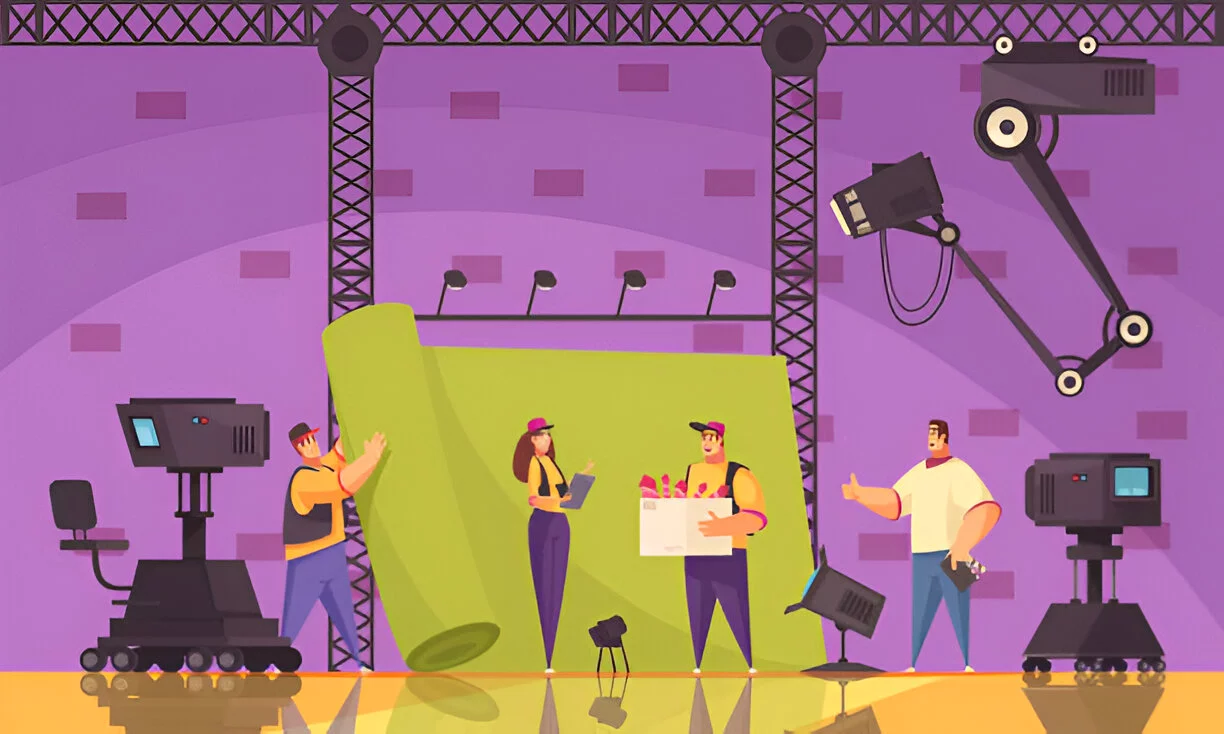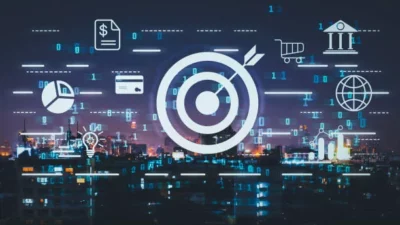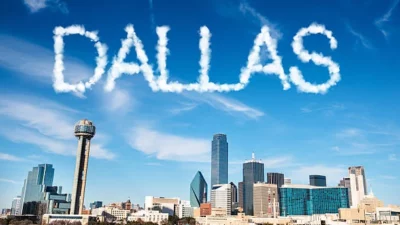Live events aren’t just about getting people in a room. They’re about what happens on that stage. Lights. Sound. Screens. Cues. Energy. It all has to hit at the right time.
That’s where a stage production company steps in. Not just to deliver equipment, but to build an experience.
If your event has a stage, you need more than gear. You need precision, planning, and people who know what they’re doing.
What Is Stage Production, Exactly?
Let’s keep it simple.
Stage production = everything that brings a live show or presentation to life.
That includes:
- Audio (mics, speakers, soundboard)
- Lighting (stage wash, spotlights, effects)
- Video (projectors, LED walls, camera feeds)
- Staging (riser design, backdrops, drape)
- Crew (techs, stage managers, operators)
- Cues (timed transitions, music hits, lighting changes)
It’s the full package. Done right, it feels seamless. Done wrong, it’s a mess.
Who Hires a Stage Production Company?
Not just theaters.
Businesses. Agencies. Nonprofits. Brands.
If you’re hosting a live audience, especially in a large venue, you need a team to handle:
- AV logistics
- Set design
- Live cues
- Tech runs
- Rehearsals
Some common events that use stage production companies:
- Product launches
- Conferences
- Award ceremonies
- Fundraisers
- Corporate town halls
- Trade show presentations
- Live broadcasts
- Educational seminars
If there’s a spotlight, someone needs to manage it.
What a Stage Production Company Brings to the Table
You’re not just renting gear. You’re buying execution.
🎛 1. Gear That Works
- Professional-grade audio systems
- LED walls with crisp visuals
- Lighting rigs with full DMX control
- Cables, adapters, backup gear
They bring it, set it up, test it, and run it. You don’t touch a thing.
👷 2. Experienced Crew
Techs who’ve done hundreds of shows. They know how to troubleshoot fast.
Roles may include:
- Audio Engineer
- Lighting Designer
- Video Switcher Operator
- Stage Manager
- Teleprompter Tech
- Show Caller
- Camera Ops
- Grip and Load-In Crew
Every second of your show relies on these people.
🧠 3. Show Flow Management
A strong stage production company handles timing like clockwork.
They control:
- Music cues
- Lighting fades
- Mic switches
- Speaker intros
- Video transitions
- On-stage talent handoffs
You can focus on content. They focus on how it lands.
🎥 4. Live Streaming and Recording
Want to share your event online? You’ll need:
- Multiple camera angles
- Audio feeds mixed for stream
- Switching software or hardware
- Graphics overlays
- Stream monitoring and tech support
Good production teams handle both the in-person and remote experience—at the same time.
Why DIY Doesn’t Cut It for Live Events
Here’s what happens when you try to do it yourself:
- You forgot an adapter
- The lights don’t reach the stage
- Audio feedback ruins your first speaker
- Videos stutter or freeze
- No one knows when to press play
Live means pressure. You can’t afford to figure things out mid-show.
The Anatomy of a Fully Produced Event
Let’s say you’re running a full-day conference with 300 people and a livestream.
Here’s how a professional stage production company would handle it:
Pre-Event:
- Site visit to evaluate power, rigging, and space
- Detailed schedule with cue sheet
- Gear list built for your content
- Tech rehearsals with every speaker
- Show caller assigned
Gear Setup:
- Stage riser with branded backdrop
- LED wall with speaker titles and transitions
- 4 wireless lav mics + backups
- 2 handheld mics for Q&A
- Lighting truss for clean, even stage lighting
- Mixer + speakers for full-room coverage
- Cameras for live feed and recording
- Cables taped, safety-checked, and routed
During Event:
- Stage Manager cues presenters
- Audio tech monitors levels
- Video op switches screens
- Lighting op times, fades and scene changes
- Livestream tech monitors bitrate + quality
- On-the-fly fixes as needed
After Event:
- Pack-out with inventory check
- Final video and audio files delivered
- Debrief with the client
Every cue is timed. Every risk is covered.
Common Stage Production Mistakes (and How Pros Avoid Them)
Let’s talk about where things go wrong—and how the right crew prevents it.
❌ Mic batteries die mid-speech
✅ Pros use fresh batteries before show, and backups are ready off-stage.
❌ Lighting blinds the front row
✅ Pros light down at the right angle and test from audience view.
❌ Video doesn’t play
✅ Pros pre-load and test every video file, format, and sound output.
❌ No one knows what’s next
✅ Pros run on a cue sheet and rehearsal. Everyone has a role. Everyone knows the flow.
What to Ask When Hiring a Stage Production Company
Don’t just hire the cheapest bid. Ask the right questions:
- Have you worked in this venue before?
- Do you provide on-site crew for the full event?
- How early will you arrive for load-in and setup?
- What brands/models of gear do you use?
- Can you provide examples of similar shows?
- Do you support livestreaming or hybrid events?
- How do you handle backup systems?
- What’s your plan if something fails mid-show?
If they fumble these answers, look elsewhere.
Final Thoughts
Your content matters—but only if people can see it, hear it, and feel it.
That’s what a professional stage production company delivers.
It’s not about cables and lights. It’s about delivering the show without distractions, without delays, and without errors. Your audience doesn’t care how it works. They just want it to work.
Don’t take chances. Don’t leave it to a hotel AV cart or a freelance tech who shows up late.
Invest in experience. Invest in control. Invest in the moment.
Because when the lights hit, and your first speaker walks out, there’s no room for second chances.

Lexy Summer is a talented writer with a deep passion for the art of language and storytelling. With a background in editing and content creation, Lexy has honed her skills in crafting clear, engaging, and grammatically flawless writing.



